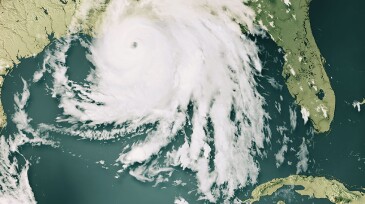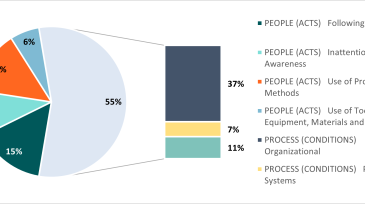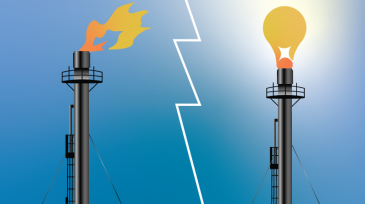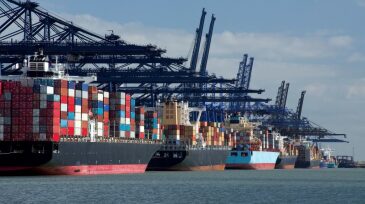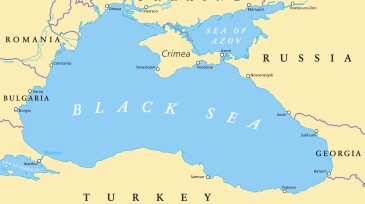Risk management
From credit markets to grid constraints, the forces shaping energy today go far beyond price. Inside the inaugural E3S symposium, industry leaders, policymakers, economists, and students explored how technology, financing, permitting, and supply chain resilience are redefining what it takes to power the energy future.
Enverus projects 2026 activity aimed at gaining access to gas along the Gulf coast and disaggregation of assets.
SPE President Jennifer Miskimins lent her expertise to Science Friday’s conversation about Venezuelan oil, explaining the reality of what it would take to extract and refine it.
-
Hurricane prognosticators continue to believe the 2024 Atlantic storm season will be more active than normal, even after a somewhat slow start. In any case, the oil field is ready.
-
SponsoredDive into TAQA’s digitalization and deep learning initiatives that are shaping the company's new approach to its Journey Management System. This innovative concept minimizes transportation-related risks in a period of rapid operations expansion.
-
Digital transformation presents a crucial opportunity to cut costs across business domains. This review explores unique digital transformation opportunities in the petroleum industry, highlighting valuable business process automations that can drive significant benefits.
-
A seismic prediction model is developed and presented in a case study to simulate the magnitude and timing of triggered seismic events with the intent to manage and mitigate environmental impacts resulting from induced seismicity during subsurface development activities.
-
Kampala is drawing now on international experience to sidestep the “oil curse” before first crude flows from its Lake Albert developments.
-
Consortium suspends planned purchase of 50% stake in Israeli gas producer in light of ongoing military conflict in the region.
-
The advancement of the oil and gas industry hinges on its ability to transform digitally by applying high-quality data to illuminate its path forward.
-
SponsoredImprove modeling accuracy and reduce the risk of unplanned downtime. By eliminating the need for multiple applications, complete more accurate comprehensive pressure safety studies faster.
-
An Energy Industries Council survey of nearly 100 energy supply chain leaders finds that a lack of "consistent and profitable work in green projects" prompts a return to oil and gas projects.
-
The Black Sea is where Turkey shares maritime borders not only with Russia and Ukraine, but also with EU nations such as Romania. Its significance is evolving, both regionally and globally.




